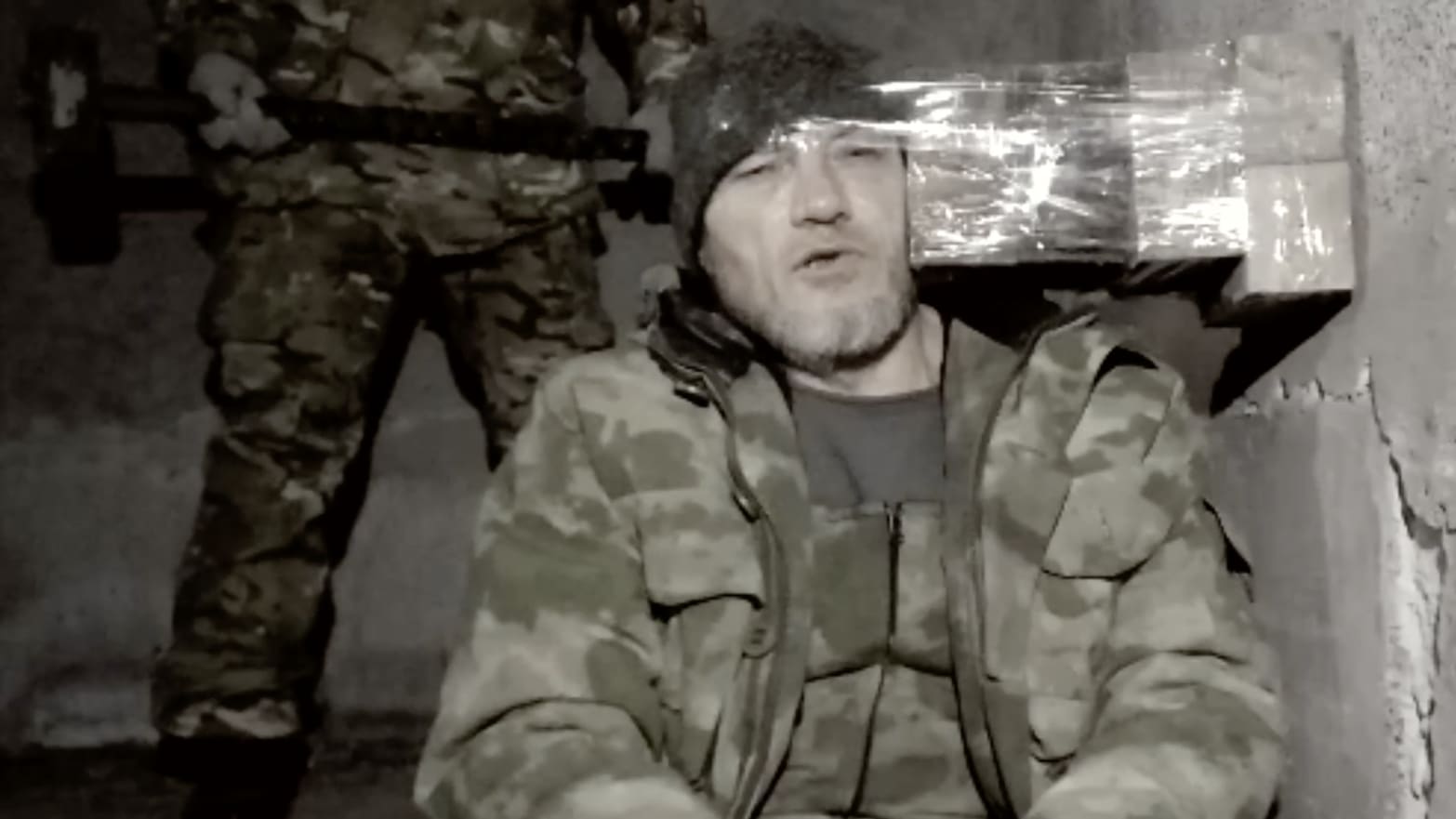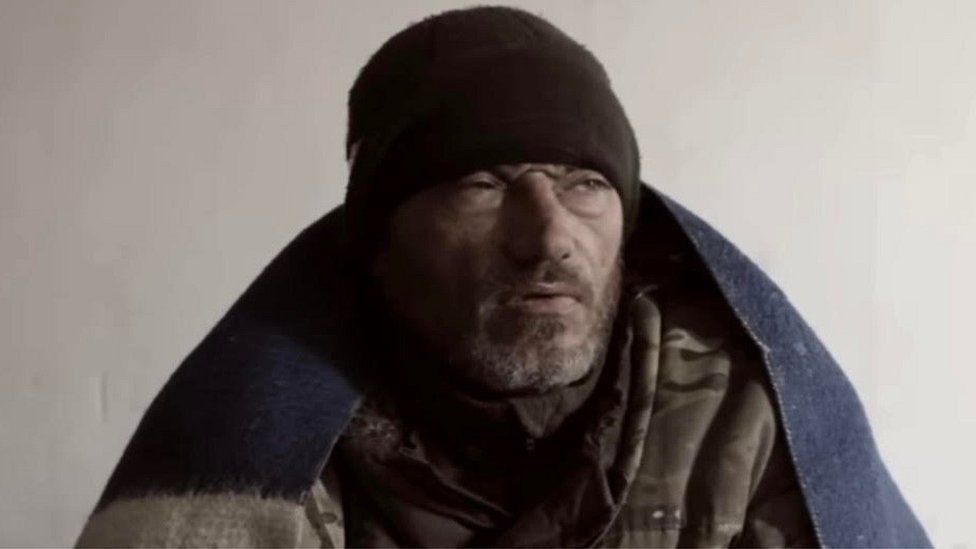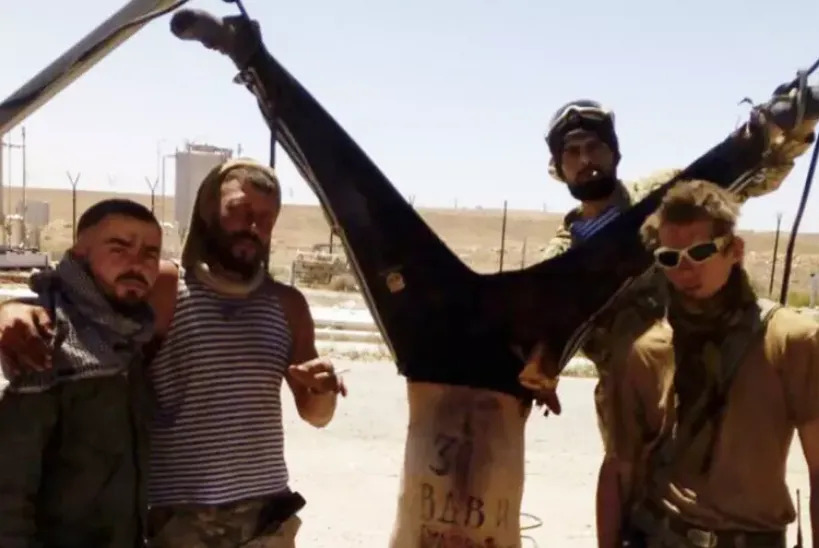The Wagner sledgehammer execution has captivated and horrified audiences worldwide, becoming a symbol of brutality in modern warfare. This chilling event, marked by its gruesome nature, has sparked debates about ethics and humanity in the context of conflict. Many are left grappling with the implications of such acts and what they reveal about the individuals and organizations behind them. As the details surrounding this execution continue to surface, it becomes imperative to examine the motivations, the individuals involved, and the aftermath that followed. The Wagner Group, a private military company, has been at the center of this shocking narrative, raising questions about accountability, morality, and the future of mercenary operations.
In this exploration of the Wagner sledgehammer execution, we delve into the history of the Wagner Group, the events leading to the execution, and the broader implications of such violent acts in contemporary conflicts. The very nature of this execution serves as a stark reminder of the dark corners of humanity that can emerge in times of war. With various perspectives on the matter, we will also seek to understand how this incident has affected public perception and the dynamics of military engagements globally.
While some may view the Wagner sledgehammer execution as an isolated incident, it is crucial to recognize its place within a larger narrative of private military involvement and the consequences of their actions. As we unravel the layers of this shocking event, we aim to provide a comprehensive understanding of its significance and the urgent questions it raises about justice, power, and human rights.
Read also:Thrills And Chills At The 17th Door An Immersive Haunted Experience
What is the Biography of the Wagner Group?
The Wagner Group is a private military contractor that has gained notoriety for its involvement in various conflicts, particularly in Ukraine, Syria, and several African nations. Founded by Dmitry Utkin, a former officer in the Russian Special Forces, the group has been linked to the Kremlin, though the Russian government officially denies any connection. The Wagner Group has been described as a paramilitary organization that operates in the shadows, often engaging in combat operations that align with Russian foreign policy interests.
| Detail | Information |
|---|---|
| Founded | 2014 |
| Founder | Dmitry Utkin |
| Headquarters | Moscow, Russia |
| Notable Operations | Ukraine, Syria, Africa |
| Affiliation | Allegedly linked to the Russian government |
What Led to the Wagner Sledgehammer Execution?
The Wagner sledgehammer execution is often discussed in the context of the group's brutal reputation. The incident is said to have taken place against the backdrop of a fierce conflict in Ukraine, where the Wagner Group was allegedly called upon to carry out operations that demanded extreme measures. The execution was reportedly a punishment for individuals deemed traitors or collaborators, showcasing the merciless tactics employed by the group.
What Were the Circumstances Surrounding the Execution?
The circumstances leading to the Wagner sledgehammer execution are shrouded in secrecy, with conflicting reports emerging from various sources. Witness accounts, leaked footage, and social media discussions paint a grim picture of the event. Eyewitnesses describe a scene of terror, where captives faced a brutal end, often as a public spectacle intended to instill fear among adversaries and deter dissent within the ranks.
How Did the Execution Impact Public Perception of the Wagner Group?
The Wagner sledgehammer execution significantly impacted public perception, reinforcing the notion of the group as a ruthless and unregulated force operating outside the boundaries of international law. Human rights organizations condemned the act, calling it a blatant violation of fundamental rights. The execution served to highlight the dangers posed by private military contractors who operate with little oversight, raising questions about accountability and the ethics of their actions.
What Are the Legal Ramifications of the Wagner Sledgehammer Execution?
Legal ramifications surrounding the Wagner sledgehammer execution are complex, as the group operates in a legal gray area. While Russia officially denies any connection to the group, the implications of such executions raise questions about international law and the accountability of private military contractors. Various human rights organizations have called for investigations, emphasizing the need for legal frameworks to address the actions of mercenaries and ensure justice for victims.
How Has the Wagner Group Responded to the Execution Allegations?
In the wake of the Wagner sledgehammer execution allegations, the group has largely remained silent, adopting a strategy of denial and deflection. While some members have attempted to downplay the incident, focusing on their military accomplishments, others have attempted to shift blame onto external forces. The lack of a formal response speaks volumes about the organization's commitment to secrecy and the nature of its operations.
Read also:The Ultimate Guide To The Black Ops 6 Vault Edition Everything You Need To Know
What Are the Broader Implications of the Wagner Sledgehammer Execution?
The broader implications of the Wagner sledgehammer execution extend beyond the immediate context, suggesting a troubling trend in modern warfare. The rise of private military contractors like Wagner raises critical questions about the privatization of violence and the erosion of state accountability. As these groups operate with increasing autonomy, the potential for abuse and human rights violations escalates, challenging the international community to respond effectively.
Can the International Community Hold Wagner Accountable?
Holding the Wagner Group accountable for the sledgehammer execution and other alleged crimes poses significant challenges for the international community. The absence of clear legal frameworks governing private military contractors complicates efforts to pursue justice. However, advocacy from human rights organizations and increased scrutiny from the global community may compel states to take action against mercenaries and demand accountability for their actions.
Conclusion: What Does the Wagner Sledgehammer Execution Teach Us About Humanity?
The Wagner sledgehammer execution serves as a chilling reminder of the darker aspects of human nature that can surface in times of conflict. It underscores the urgent need for accountability, transparency, and ethical considerations in warfare. As the world grapples with the implications of such brutal acts, it becomes clear that a collective response is essential to prevent further atrocities and uphold the principles of human rights. The lessons drawn from this execution will resonate for years to come, shaping the discourse around private military contractors and the role of state accountability in modern warfare.


